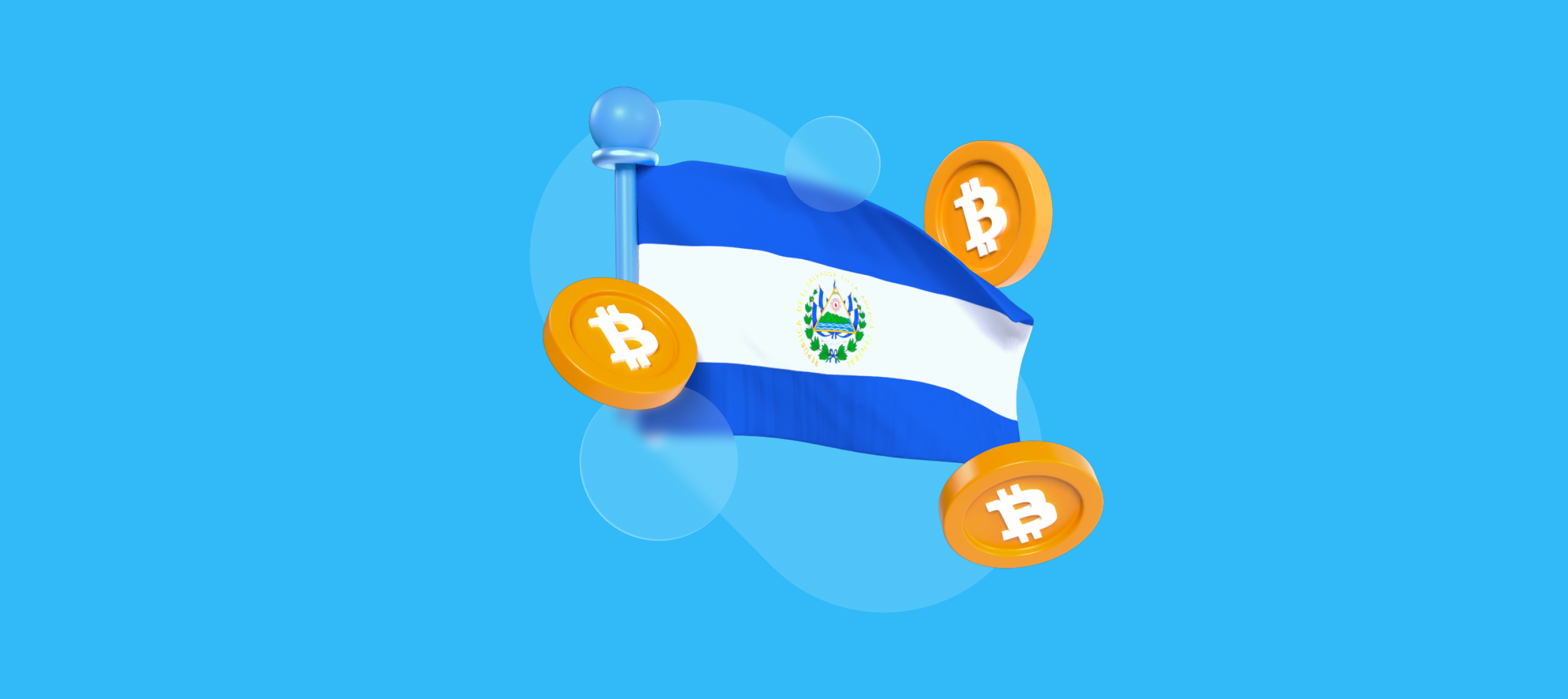Bitcoin Usage in El Salvador: Who Really Pays with Crypto?

This blog post will cover:
- Extrapolating the Numbers: How Many Salvadorans Use Bitcoin?
- Bukele's Positive Spin on the Bitcoin Experiment
- Public Perception of Bukele’s Bitcoin Policy
- Government’s Bitcoin Investments: Profitable or Not?
- Conclusion
The number of actual Bitcoin users in El Salvador was revealed via a poll called "Rumbo país 2024" ("The Country's Course in 2024"), which was carried out by Universidad Francisco Gavidia (UFG). We examine the public's opinion on the president's selected policy for 2024 in this article.
Extrapolating the Numbers: How Many Salvadorans Use Bitcoin?
7.5% of the 1,224 Salvadorans over the age of 18 whose replies were analyzed by the study's authors in late September reported using the first cryptocurrency for payments. 92% of respondents claimed they do not use Bitcoin, while 0.5% did not respond at all.
Hundreds of thousands of El Salvadorians regularly utilize Bitcoin for payments, if these numbers are extrapolated to the country's whole population. According to the WHO, there were 6.3 million people living in the nation as of October 1, 2024, with 12% of them being under the age of 15. 415,000 individuals make up 7.5% of the 5.5 million that remain.
Bukele's Positive Spin on the Bitcoin Experiment
El Salvador accepted Bitcoin as legal assets in September 2021, on par with US dollars. Nayib Bukele, the president of the nation, is actively pushing for the adoption of cryptocurrencies and the growth of mining.
In an interview with Time magazine in late August, Bukele stated that while the country's experience with legalizing Bitcoin was largely successful, the rate at which it expanded throughout the nation fell short of expectations. He thinks that El Salvador has benefited greatly from Bitcoin, with good effects outweighing cons in terms of branding, investment, and tourism.
Public Perception of Bukele’s Bitcoin Policy
In El Salvador, 74.5% of households earn up to $500 per month, according to the poll. Less than $211 is received by 23.7% of families per month. However, just 10% of citizens think that the government is steering the nation in the wrong direction. Over 58% of those surveyed support Bukele's policy and express optimism for the future.
It was required to rate the president's performance on a scale of 0 to 10 points in the poll. El Salvador's president was given 8.43. Simultaneously, respondents gave lower ratings to Bukele compared to other government departments and organizations for their work.
Speaking about El Salvador Bitcoin holdings, the government has been purchasing one Bitcoin per day since 2022. The public government wallet had $595 million, or 5,904 coins, by mid-October 2024.
Government’s Bitcoin Investments: Profitable or Not?
A different survey conducted two years prior revealed that a sizable segment of Salvadorans thought the government made a mistake by investing in cryptocurrencies. The government had lost $40 million on its Bitcoin investments at the time.
However, Bukele persisted in following his plan, declaring in December 2023 that El Salvador's Bitcoin investment had paid off in full.
Conclusion
Though the initial investments in Bitcoin faced criticism due to early losses, Bukele’s continued commitment to the strategy has seemingly paid off, with his administration garnering substantial public support.
SimpleSwap reminds you that this article is provided for informational purposes only and does not provide investment advice. All purchases and cryptocurrency investments are your own responsibility.

